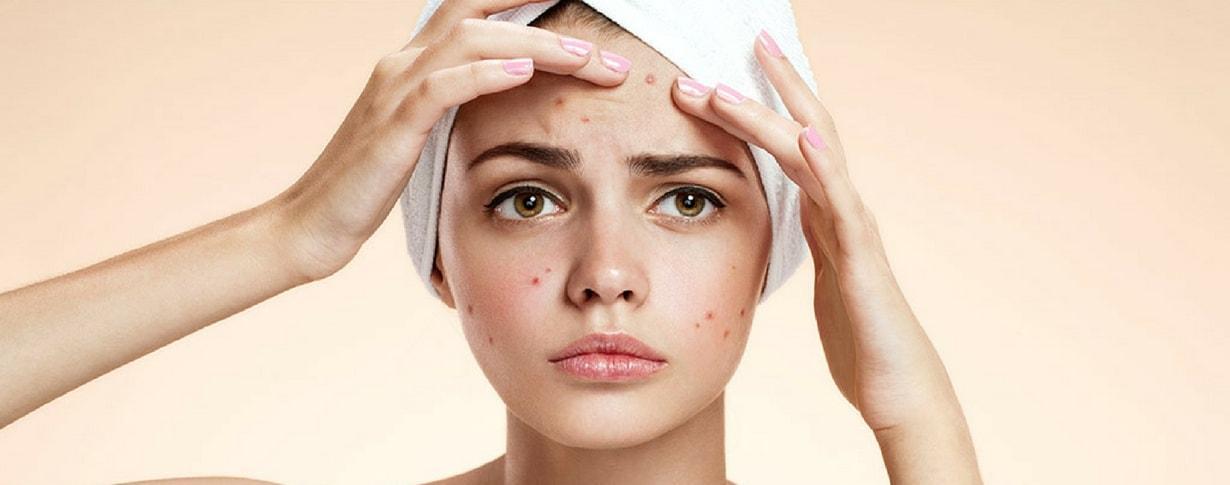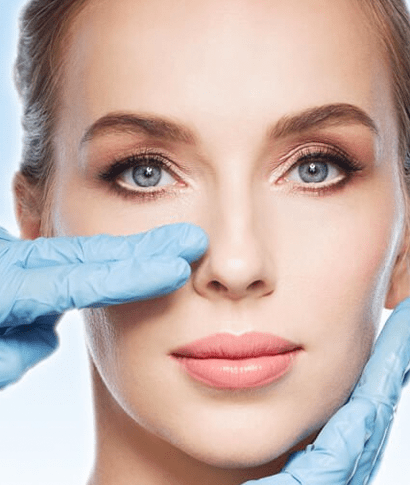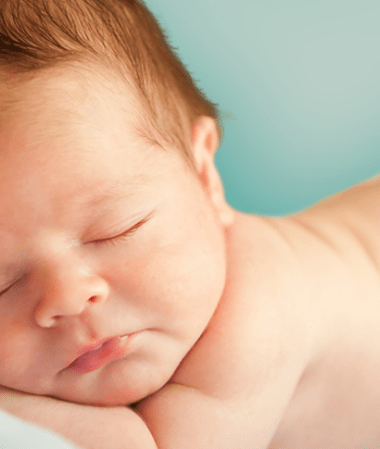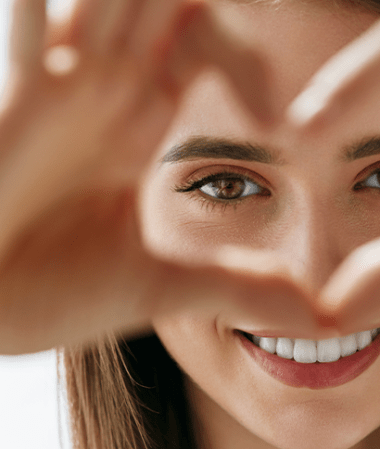Acne (Acne)
What is Acne?
Acne is a skin disease that can be seen in 85% of young people in adolescence, but can also be seen in their 30s, 40s and older ages.
A typical pimple is in the form of small blisters with a red, yellow tip with or without inflammation, black dots called open comedones and small white bumps called closed comedones, and sometimes larger cyst-like structures. Acne is most common on the face. Apart from this area, it can also occur on the neck, shoulders, chest v-zone, back, and even the scalp and rarely the upper arms. Although it does not pose a serious health problem, early diagnosis and treatment is important because it has the potential to leave a trace and can significantly reduce the person’s social self-confidence. It should be known that acne can sometimes mimic other diseases. The diagnosis should be made by a dermatologist (skin diseases specialist) and the treatment should be done under his control.
How Does Acne Occur?
Acne occurs as a result of the clogging of the fine hair unit orifices known as pores in the skin with the natural skin oil and dead skin particles known as sebum, due to the effect of male hormones normally found in both sexes. While oil production increases with the effect of hormones, first black and white spots occur, and then a suitable environment is provided for the reproduction of a bacteria that is normally found on the skin. Inflamed and non-inflamed blisters and cysts occur with the disintegration of the clogged and swollen hair unit over time. However, it should be known that acne is not a microbial disease and is not contagious. Adolescence, menstrual period in women, stress times for both sexes are times when acne can be observed more intensely.
Acne and Heredity
Acne can also be observed in people who have not had this problem in their family. However, it has the feature of starting at an earlier age and lasting for a long time, especially in those who have had severe acne in their family. For this reason, it is important that these people are treated early.
Treatment
Acne is a treatable condition; However, not all acne is treated in the same way. For this reason, it is most appropriate to plan and monitor acne treatment by a dermatologist. The type and duration of treatment is determined according to the severity and prevalence of acne, and the age of the person, taking into account the general health status of the person. The treatment of acne does not end in a short time like 1–2 weeks; It should be accepted from the beginning that it will be long-term. Irregularly used treatments (especially oral medications) make no sense.
In the treatment, antibiotics such as tetracycline group or erythromycin derivatives, which are taken orally or applied, hormonal drugs such as birth control pills, and vitamin A derivative drugs that are taken orally or applied are used. According to the type of acne; In addition to these treatments, if deemed appropriate by the doctor, methods such as blackhead removal, chemical peeling, evacuation of cysts and injection of cortisone into them, laser treatments on scars can be applied as complementary treatment options at certain times.
Misconceptions About Acne
- Acne is caused by dirt. NO. Acne has nothing to do with being dirty. By thinking like this, cleaning the extra skin does not go beyond causing irritation. It is sufficient to clean it using a suitable cleaner 2 times a day.
- If I touch my pimples, I will spread it around. NO. Acne is not a contagious and microbial disease. The bacterium that plays a role in the formation mechanism is a bacterium that naturally exists on our skin.
- Acne is caused by liver diseases. NO. Acne has nothing to do with liver diseases. After examining you by listening to your other complaints, your doctor may order some hormone tests. There is no need to ask for an examination in every acne patient.
- Acne comes from eating oily food. NO. The connection with food in the formation of acne has not been proven. If there is food that the person notices that increases his acne, he should stay away from it. Eating healthy is something we already recommend for general body health.
- Acne is only a cosmetic problem, it will go away over time if left on its own. NO. It is not just a cosmetic problem, as it can leave scars and scars are a longer and more difficult process than acne treatment itself. In addition, it can negatively affect the psychology of the person and undermine his self-confidence. It is more accurate to get through this process in a shorter time and without any trouble by making use of the effective treatment methods available today.
- A person with acne cannot wear make-up. NO. Make-up can be done with suitable products, provided that you do not sleep with make-up at night. Just stay heavy and layered make-up should be avoided. Thin powder-style products can be preferred instead of thick foundation. Powder and blush of the kind that do not cause blackheads can be used.
Tips for Dealing with Acne
- Skin cleansing should be done twice a day, in the morning and in the evening, with a suitable cleansing product recommended by your doctor. An oil-free water-based moisturizer should be used.
- It should be known that most of the rub drugs used in the treatment of acne can irritate the skin. Use the medications as your doctor recommends. Taking or using too much medicine so that it will pass quickly will cause unnecessary side effects.
- Keep your medicines in an easily accessible place so you don’t forget to use them. Make treatment a part of your daily life, like brushing your teeth.
- Do not squeeze your pimples. If blackhead cleaning is recommended by your doctor, it can be done by the doctor at the appropriate time.
- When buying make-up products, try to find the ones that do not cause blackheads (non-comedogenic). Remove your make-up before going to bed at night.
- People with intense body acne should prefer cotton clothes that are not too tight.
- Be patient and do not despair for the effects of the drugs to take effect throughout the treatment. The earliest response to treatment is 6–8. Remember that it will start in weeks and do not delay your follow-ups.
- Thinking that the sun is good for your acne, avoid excessive sunbathing and going to the solarium. Many acne medications make the skin sensitive to the sun, don’t forget to get the necessary information from your doctor.
Healthy days…







